|
Genres, Themes, Actors, and Directors:
- Alan Hale Films
- Depression Era
- Frank Borzage Films
- Margaret Sullavan Films
- Unemployment
Response to Peary’s Review:
As Peary notes, this “fine, very unusual film” by director Frank Borzage is both “a strong argument for love” and “one of the few films of the era to depict the plight of the indigent lumpen proletariat”. Although it’s set in Germany, Little Man — like Borzage’s later Mortal Storm (1940) — is a Hollywood sound-stage film all the way, with stylized sets and all-American actors; as a result, the story is more of a romantic fable than a realist drama, and its themes of love and survival emerge as universal. Despite its decidedly downbeat timbre and some bitingly harsh scenes, the script is surprisingly humorous, and contains several unexpectedly risque sequences — beginning with an implication at the beginning of the film that Hans and pregnant Lammchen aren’t actually married yet. Sullavan and Montgomery (a sensitive actor) are well-cast as the young lovers, and Alan Hale is delightful in an unexpectedly nuanced role as Sullavan’s would-be pursuer (“I will establish you, young woman… I will establish you — firmly“).
Redeeming Qualities and Moments:
- Wide-eyed Margaret Sullavan as ‘Lammchen’ (Peary nominates her for an Alternate Oscar as Best Actress of the Year)
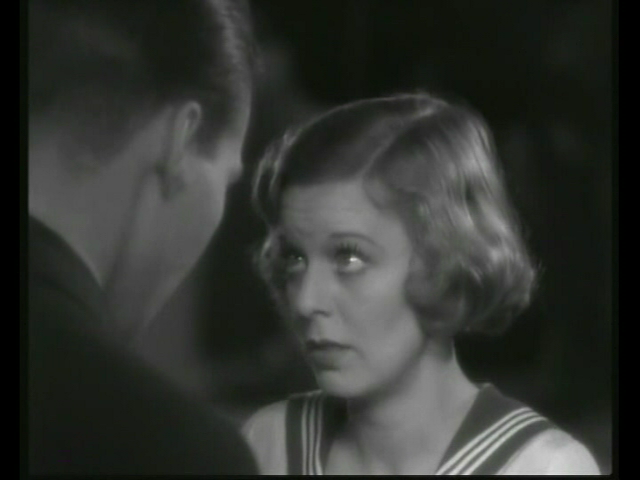
- Douglass Montgomery as Hans
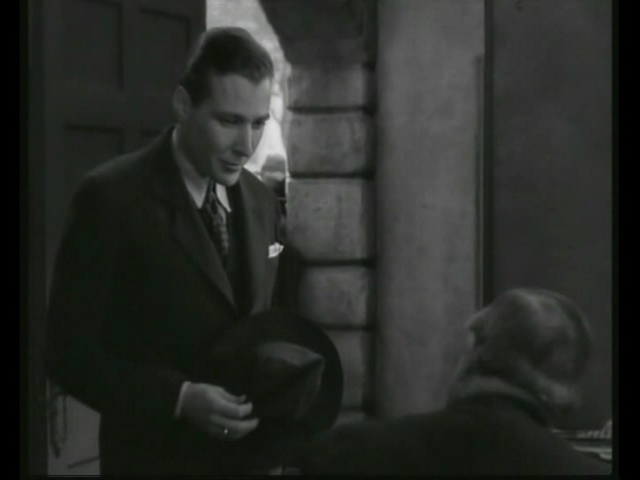
- Alan Hale as Herr Jachman
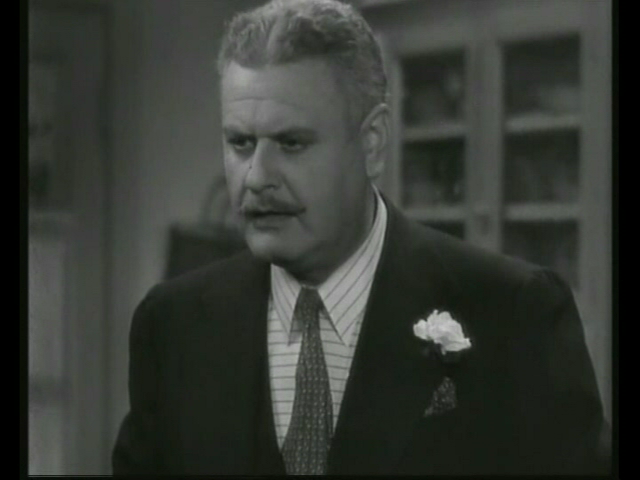
- Several refreshingly risque, seemingly “pre-Code” scenes
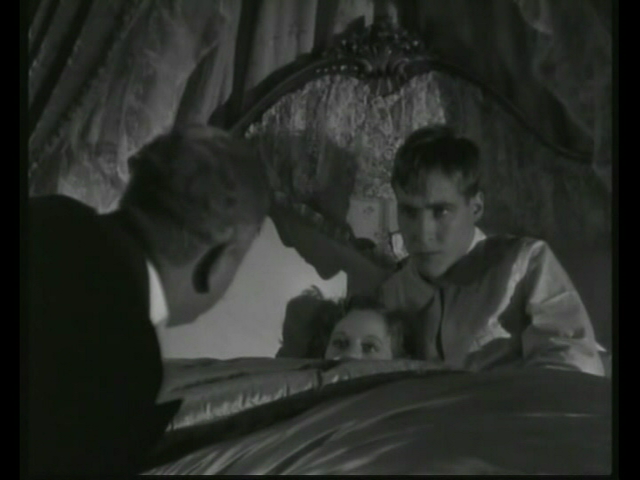
- The genuinely sweet romance between Hans and Lammchen
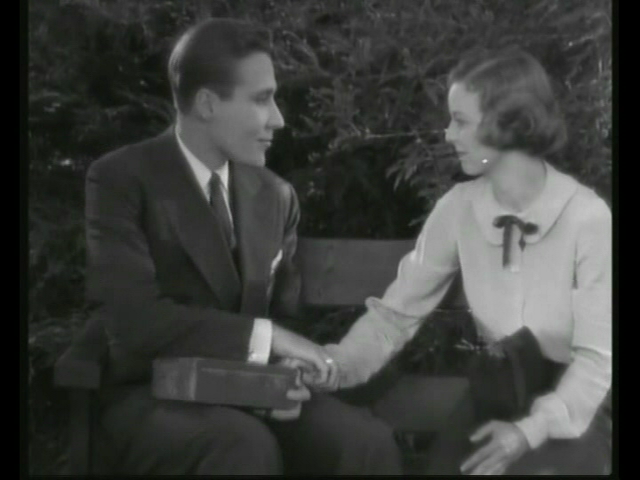
- Effectively stylized sets

Must See?
Yes, as one of Borzage’s most affecting films. Click here to read more about Borzage and his work.
Categories
Links:
|
One thought on “Little Man, What Now? (1934)”
First viewing. Yes, a must.
In spite of a protagonist I would call emotionally unhinged and a whiner, this is among the director’s best work. Borzage is one of the most poetic of cinema’s directors – my favorite of his is the unsung ‘Strange Cargo’ – and here he handles the material marvelously.
One might be wary at first: the film begins in a way that could easily be read as sappy. However, the story veers off in surprising directions (surprisingly adult, in some cases) and always holds interest.
The only problem, as I say, lies with Montgomery’s role – and it may very well not be the actor’s fault; it’s a nearly impossible role to play. The character has little backbone, is wildly needy (“Love me…”; “Take care of me…”), aims to please beyond his means – so when he does have money, he can’t economize for s–t. Luckily, Sullavan’s character is there to supersede with grace and dignity. (I esp. like the moments in which she enjoyably haggles with her kindly landlord.)
Borzage aside, the real star of the picture is the unique story – designed to illustrate that life is a neverending series of disappointing stops and hopeful starts. The particular genius of the script is in revealing how often people can turn out to be quite the opposite of what they seem, and the devastating effect that can have. Along that line, we get a considerable number of fine performances from the supporting cast.
NOTE: In spite of the fact that her character becomes pregnant early on, Sullavan remains bizarrely thin throughout the picture. Hmm…’twas the times, I suppose.